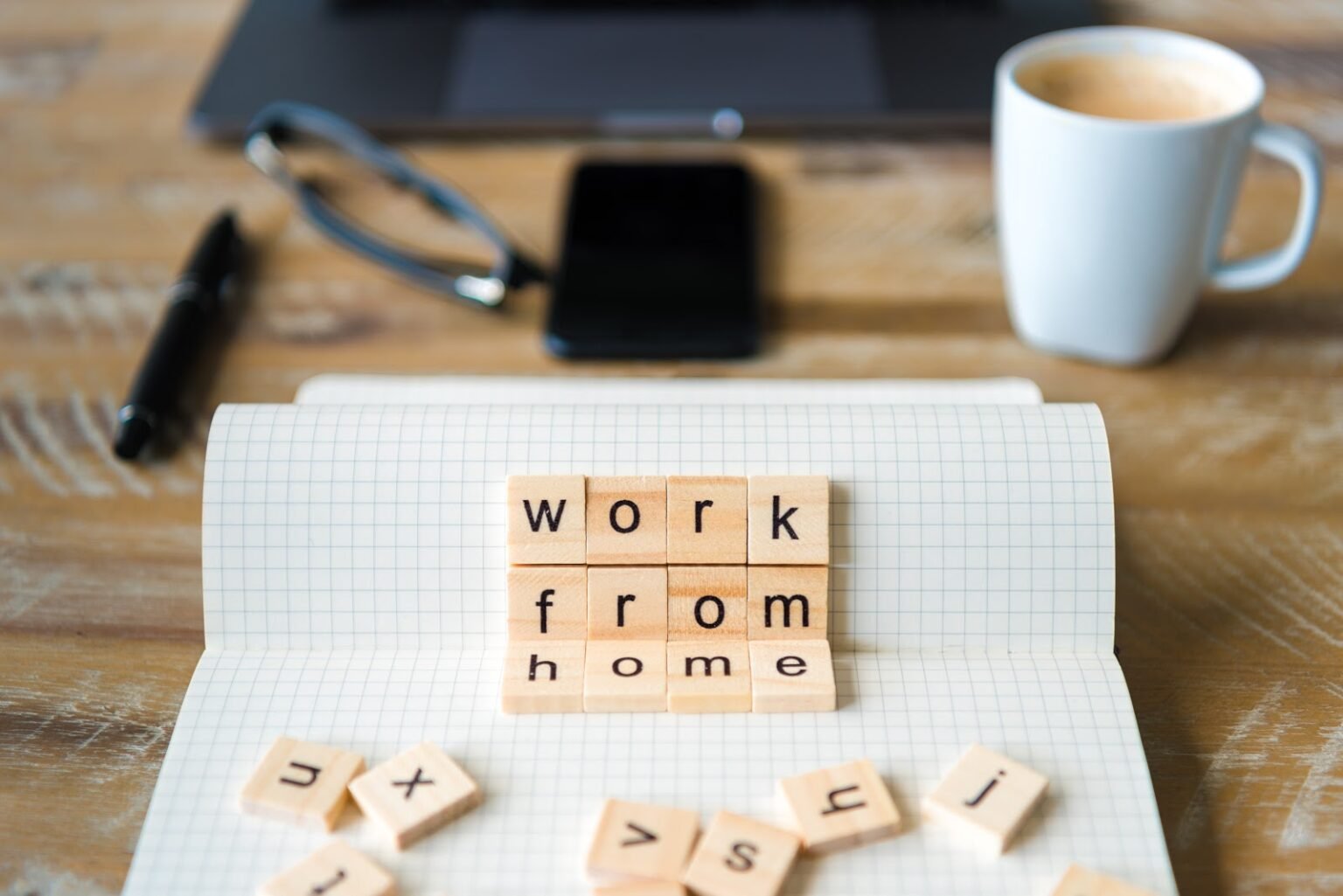Stephanie Dotto
For portfolio professionals, remote working has always been a major part of our lives. Whether that’s in a home office, a coffee shop, or a coworking space, one of the benefits of being self employed is the flexibility to work where you want much of the time. Or, at least it was. When the pandemic hit, the playing field changed. Suddenly, options were far more limited, and millions of people found themselves working from home exclusively.
Though this hasn’t been a massive adjustment for many freelancers and focused experts, there is now the added financial and social pressures of an unstable world economy, meaning higher levels of stress, isolation, and uncertainty – and that’s bad.
Mental health is important, especially when you’re working remotely. If you want to build better habits, it starts with recognising the pain points and creating an environment that helps you thrive both personally and professionally.
Maintaining positive mental health has never been more important
That’s not to say that mental health wasn’t an issue five or even ten years ago. In fact, burnout has long been a risk in the portfolio career space. We are ambitious go-getters. We love a challenge and often pile our plates high because we’re on a mission to grow as quickly as possible. That can be a dangerous game, especially when the world around is less social and familiar than it used to be.
Mental health is a wide ranging concept that covers everything from social wellbeing to emotional and psychological stability. It affects how we think, how we feel, how we act, and ultimately, how we engage with others. Just think back to the last time you felt overwhelmed or anxious about work – were you able to make logical choices or were you letting the panic take over and the fear dictate your next steps?

According to the World Federation for Mental Health, one in five workers experiences a mental health condition. Add to that a global pandemic, economic uncertainty, greater levels of isolation, and a sudden shift in working patterns, and you’re chartering unfamiliar waters in an unstable raft.
Fostering positive mental health in a home working space
There are several changes you can make to your routine and your workspace that encourage better mental health, whether that’s sprucing up your desk or simply adopting better habits. Here are our five top tips for creating a positive work from home experience that keeps you happy and productive.
1. Create a space that works for you
In an ideal world, every portfolio professional would have a dedicated home office that they can turn into the epicentre of their business. But until then, many of us have to make do with the space we have. Where possible, establish a consistent work area that you can use every single day – that could be at your kitchen table or a tiny desk in your living room, whatever works for you.
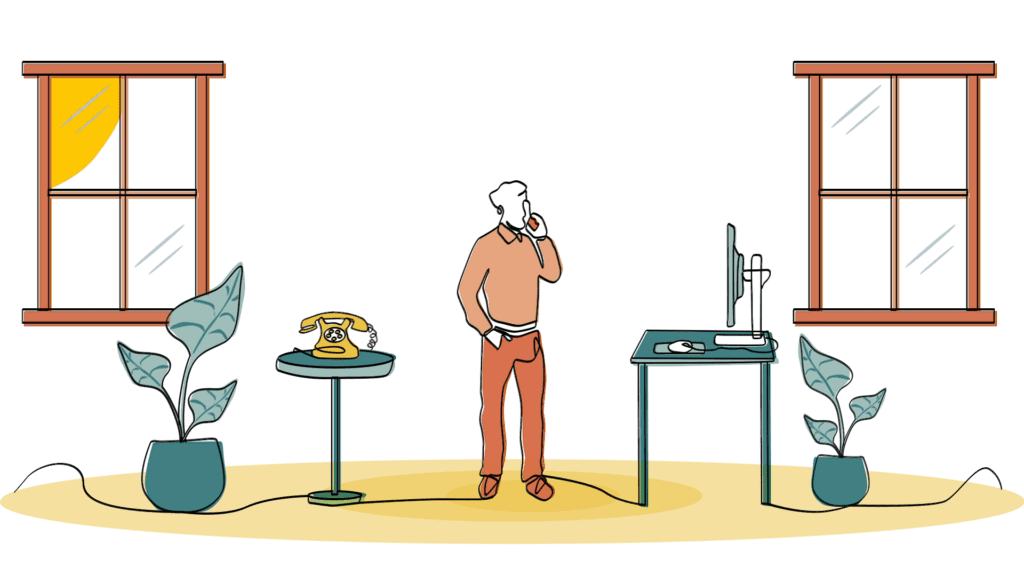
Then, make that space comfortable. We highly recommend getting yourself a good chair and setting your laptop or monitor at an agreeable height – nobody wants to be slouching for eight hours a day (standing desks are great if you don’t like sitting for hours on end). Then, surround yourself with things that make you happy – a nice smelling candle, plenty of plants, your favourite coffee mug. Just be careful not to overindulge with things that might distract you.
The key is to only use that space for work. That way, you’re not letting your personal life and professional life blend.
2. Give yourself a break
We mean this both literally and figuratively. Being a portfolio professional isn’t any easy pursuit. Sure, it’s immensely rewarding, but it’s challenging as well. So don’t forget to step back every now and then and marvel in everything you’ve accomplished. If you want to avoid burnout, you need to recognise your achievements and give yourself time to breathe.
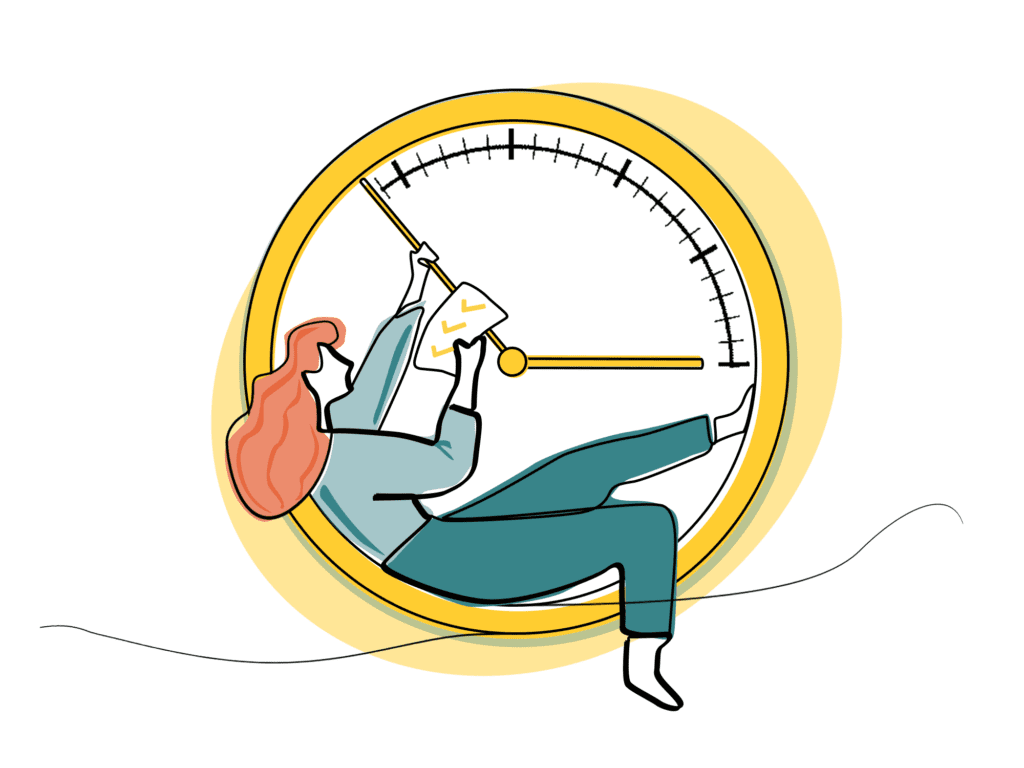
Making time for breaks is an important way to manage stress. Take plenty of coffee breaks throughout the day and make sure to step away from your screen during lunch. Working at home can make you feel like you need to be available all the time, but it’s absolutely okay to shut off every now and then. There’s nothing worse than scarfing down a sandwich while trying to finish a pitch and reply to emails.
“Me time” is vital, and though it can feel like it’s breaking your productivity flow, it’s actually proven to reduce stress and maintain performance, reducing the need for a long recovery period at the end of the day.
3. Remember to unplug
Screen addiction is a growing issue, and the pandemic only made things worse. According to communications regulator Ofcom, UK adults spend more time using technology than they do sleeping. What’s worse is that the average user logs 2.15 hours of social media a day and checks their smartphone every twelve minutes – it’s quite astounding when you really think about it.

If you want to promote positive mental health, you need to learn how to shut off. Where possible, keep your work technology separate from your personal technology. Don’t put your work email onto your mobile phone if you don’t have to – if it’s not there, you won’t be tempted to check it at all hours of the night.
We’d suggest going even one step further and dedicating set “screen free” hours. Buy an alarm clock so you don’t have to sleep next to your phone and put your devices in a drawer in the evenings. That way, you don’t feel tempted to work outside of office hours.
4. Set clear boundaries
This is probably the most important piece of advice we can give anyone with a portfolio career. Just because you have the flexibility to work all the time doesn’t mean you should. Remember, you don’t have to be everything to everyone. It’s absolutely okay to say “no” when you need to.
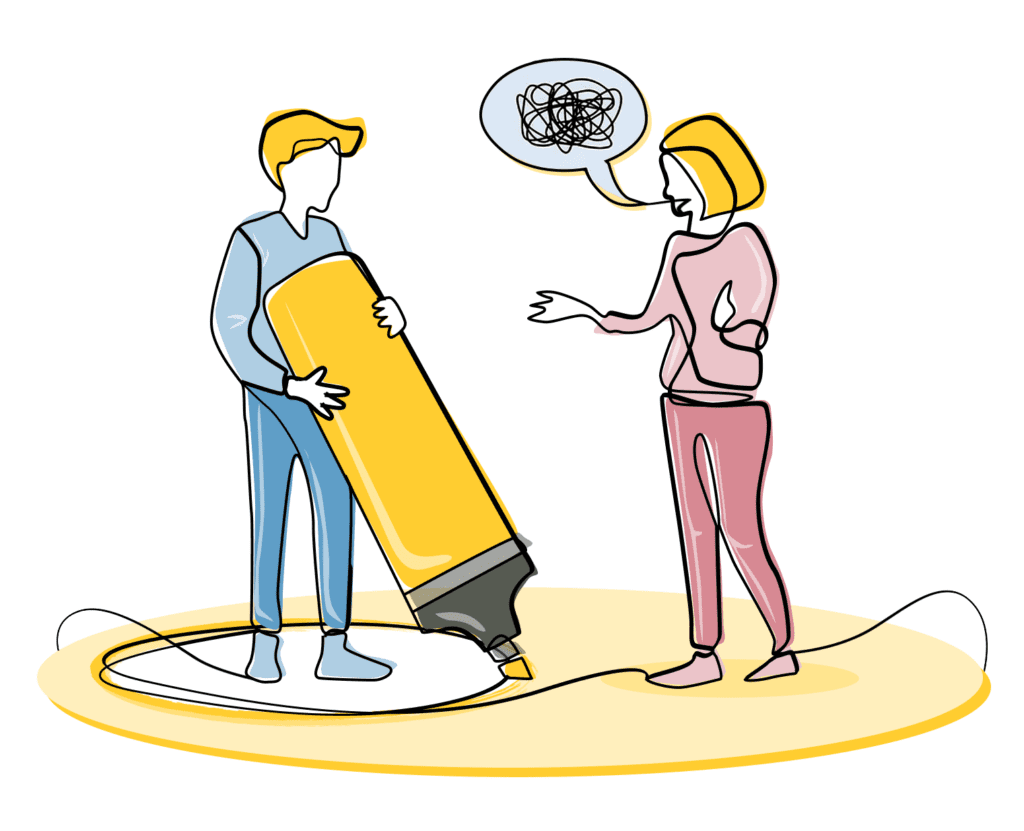
Your life should never be entirely about work. We all have responsibilities – family, caring duties, personal pursuits – which is why it’s important to maintain a positive balance between work and the rest of your life. If you share your workspace with family or housemates, have the conversation about respect and boundaries. It helps to set clear working hours so you can separate your family time from your work time. That way, you can switch off when the work day is over and truly enjoy spending time with your loved ones.
5. Don’t forget about physical health
We often forget how physical working in an external office really is. Just think about how much energy you exert commuting to work and how often you’re tempted to stretch your legs throughout the day, whether that’s popping over to a colleague’s desk for a chat or running back and forth between meetings. Anyone with a fitness tracker can attest to the fact that working from home drastically cuts down your daily step count. That’s why it’s so important to actively think about how much you move throughout the day.
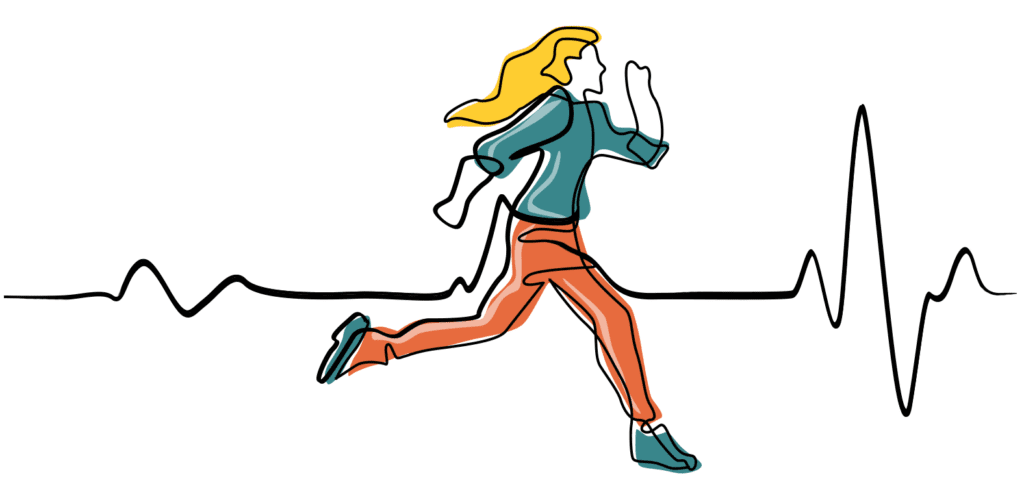
If you’re feeling stressed or anxious because of work, try sorting through those feelings with some good old fashioned exercise. Go for a run in the morning or scatter some 10-minute stretching breaks through your daily routine. Movement is medicine, and it’s a great way to shake away stress and get your endorphins flowing.
Got any other work from home tips?
Then by all means, please share them with our community. We all have our own working styles, and if you’ve found something that makes you feel particularly happy or fulfilled during your working day, then post it in the comments below.
For anyone struggling with loneliness or isolation, our community is a great place to connect with other portfolio professionals. We regularly host events, which are great for staying social and learning new ways to advance in your career. You can check out the latest events here.
Think this sounds like the right path for you? Come along to our monthly Community Welcome Call for new members to find out what a portfolio career could look like and how The Portfolio Collective can help you take those first steps towards professional success – and don’t forget to connect with our community!
